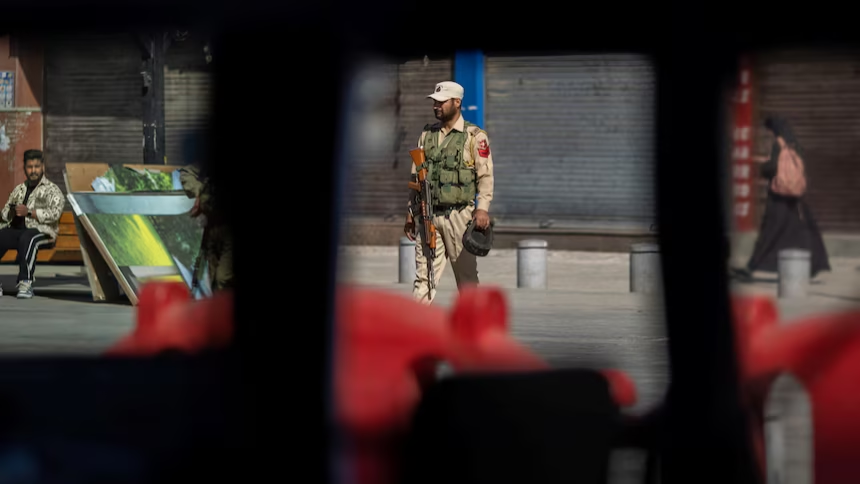Tensions between India and Pakistan have surged to a dangerous high after a brutal terrorist attack in Indian-administered Kashmir left 26 Hindu tourists dead in Pahalgam on April 22. The massacre, one of the deadliest in years, has intensified calls in India for decisive military retaliation — raising fears of renewed conflict between the two nuclear-armed rivals.
India Points Finger at Pakistan
Indian authorities squarely blame Pakistan for harboring or backing the militants responsible. Prime Minister Narendra Modi has vowed to track down the attackers and their alleged backers “to the ends of the earth,” signaling the strongest language since the 2019 Pulwama bombing.
Retired Indian Army Lieutenant General Raj Shukla described the assault as “a seminal moment” in India’s strategic response, noting that the attack deliberately targeted civilians — especially Hindus — and sought to undermine India’s secular fabric.
Indian intelligence has not yet publicly presented conclusive evidence linking Pakistan to the attack. However, international analysts, including Professor Ian Hall of Griffith University, argue that there is a longstanding pattern of support from elements within Pakistan’s security establishment to militant groups operating in Kashmir.
In response, Pakistan has denied involvement, echoing its stance from past incidents. Pakistani commentator Amber Shamsi criticized India’s claims as “pattern-based, not evidence-based,” while warning that escalating military responses could ignite wider instability.
Military Action Expected — But Will It Be Nuclear?
India’s government has granted its military “complete operational freedom” in how and when to respond. Experts say military action is highly likely, but nuclear escalation remains improbable.
India maintains a “no first use” nuclear doctrine. Pakistan, in contrast, reserves the right to deploy nuclear weapons if facing an existential threat. Nonetheless, analysts believe there is ample room for conventional military strikes without breaching the nuclear threshold.
“This is a crisis. It could be bloody and it could be a long haul,” said General Shukla. “But the Pakistani establishment is too intelligent to climb the nuclear ladder.”
Retired Colonel Ajai Shukla added that international stakeholders such as the United States, Russia, and China would intervene diplomatically to prevent all-out war.
Strategic Calculations and Domestic Pressures
Any response will have to walk a geopolitical tightrope. Modi faces growing domestic pressure from his right-wing base to retaliate forcefully, risking backlash if the response appears symbolic or ineffective.
“Inaction would erode Modi’s strongman image,” said Subir Sinha from the University of London. “But an overreaction could trigger international condemnation.”
India’s 2019 airstrikes in Balakot, following the Pulwama attack, caused little physical damage but were seen as politically effective. Analysts speculate that India might again opt for a limited, targeted strike — this time possibly using sea-based missiles to avoid Pakistan’s heightened aerial defenses.
Washington-based South Asia analyst Michael Kugelman said that while full-scale war is unlikely, India may choose a method of retaliation not seen before, designed to surprise and demonstrate strength without crossing international red lines.
Crisis in Kashmir
The attack threatens India’s efforts to present Kashmir as stable and safe — a core goal of Modi’s administration. “This attack strikes at the heart of Modi’s narrative of normalcy in Kashmir,” said Professor Hall. “It challenges his promise to bring peace and stability.”
As both countries brace for the next move, the world watches nervously. The path forward is fraught with uncertainty — but what is certain is that this crisis has pushed South Asia to the edge once again.







